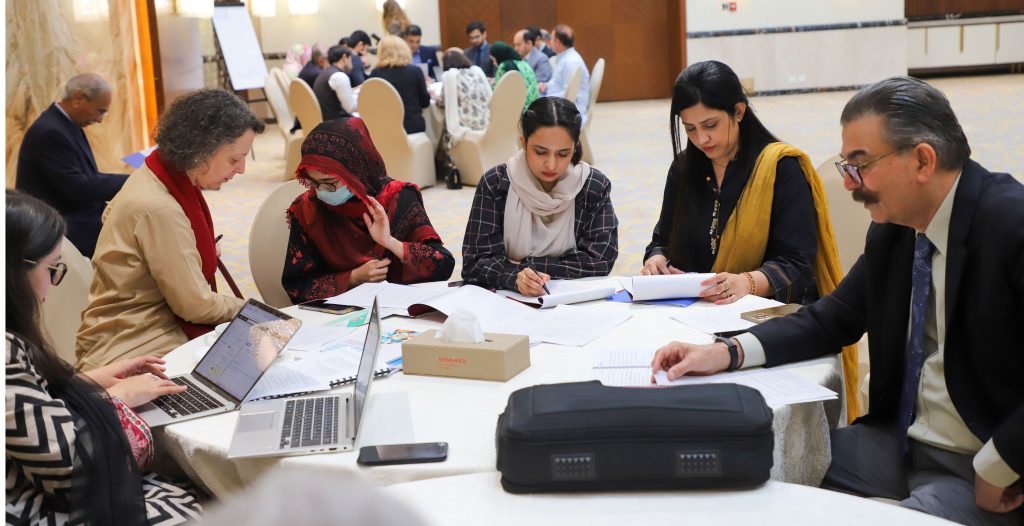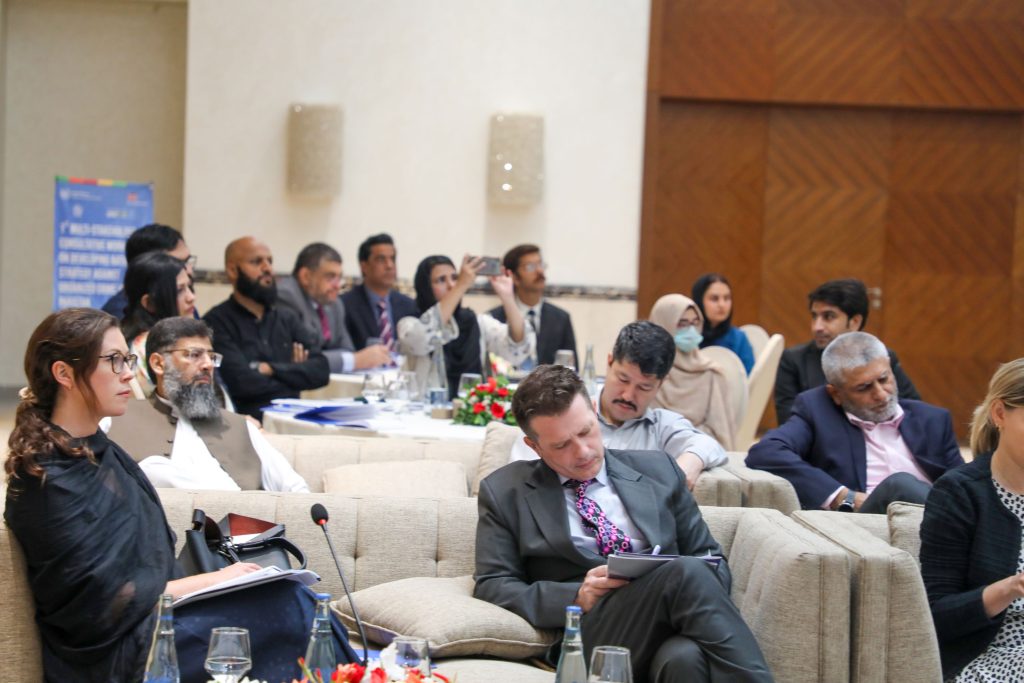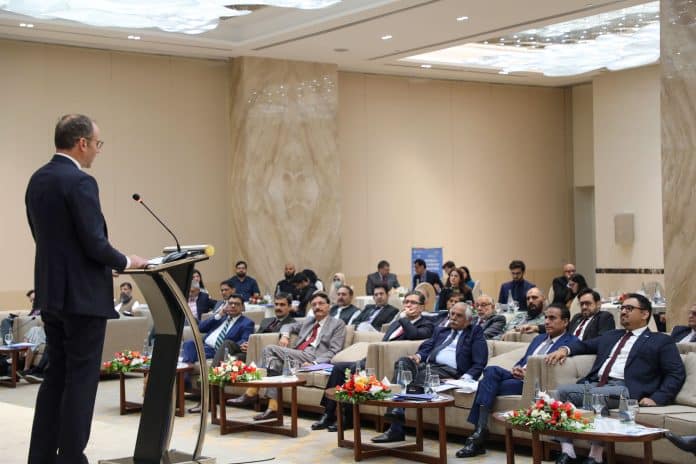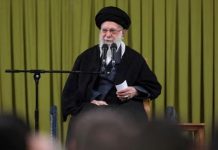DNA
ISLAMABAD, OCT 1: A two-day workshop was held in Islamabad to help Pakistan develop its first National Strategy Against Organised Crime. The event was organised by the United Nations Office on Drugs and Crime (UNODC), in partnership with the Government of Pakistan and the UK Government.
The workshop brought together senior officials from law enforcement agencies across Pakistan, as well as experts from civil society, academia, and international partners. Together, they discussed how to better respond to serious crimes such as drug trafficking, human trafficking, cybercrime, and other illegal activities that cross borders and threaten public safety.

Participants included representatives from key national bodies such as the Ministry of Interior, Anti-Narcotics Force, Federal Investigation Agency, and provincial police forces. Officials from the British High Commission, including Deputy High Commissioner Mr Matt Cannell, also attended.
Troels Vester, UNODC Country Representative in Pakistan, said:
“Organised crime affects everyone — it weakens institutions, puts communities at risk, and often targets the most vulnerable. This workshop shows the strong commitment of Pakistan, the UK, and UNODC to work together and build safer, more resilient societies.”
Dr. Ehsan Sadiq, Director General, Anti-Money Laundering, said:
“This initiative reflects our collective determination to address the complex challenge of organized crime. By working together with the Government of Pakistan, UNODC, our international partners and national stakeholders, we are laying the foundation for a stronger and more coordinated response. Through this joint effort, we aim to build safer communities, protect the rights of our people, and ensure a future where justice and security are accessible to all”
Raja Riffat Mukhtar Director General, Federal Investigation Agency, highlighted:
The growing complexity of organized crime, noting that it cuts across borders and sectors. He emphasized that such crime cannot be viewed in isolation, as its impact is felt worldwide. He underscored that organized crime is a global threat requiring collective action and strong international cooperation
Matt Cannell, Deputy British High Commissioner to Pakistan, said:
“This partnership reflects our shared commitment to tackling serious threats that affect both our countries. Through strong cooperation with the Government of Pakistan and UNODC, we are helping build a safer, more resilient future grounded in inclusive justice.
During the workshop, delegates explored how to improve coordination between agencies, share intelligence, and strengthen laws to stop criminal networks. They also focused on protecting victims and ensuring that efforts to fight crime respect human rights and promote gender equality.

The discussions were based on UNODC’s global toolkit for tackling organised crime, and centred around four key areas: Prevent, Pursue, Protect, and Promote. Participants shared ideas on how to improve investigations, build capacity, and monitor progress.
The outcomes of the workshop will help shape Pakistan’s national strategy, which aims to make communities safer, support justice, and contribute to long-term peace and development.

















